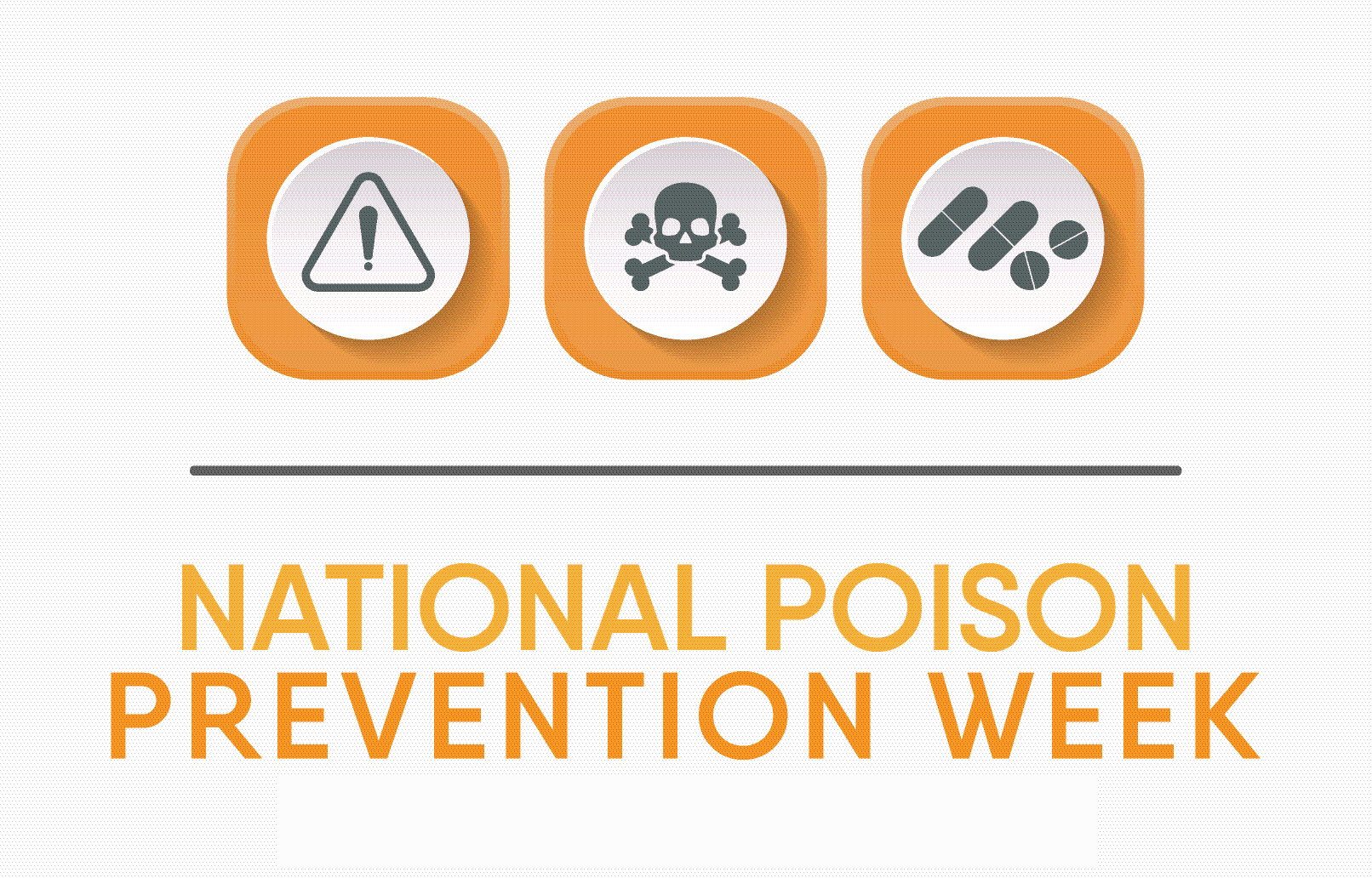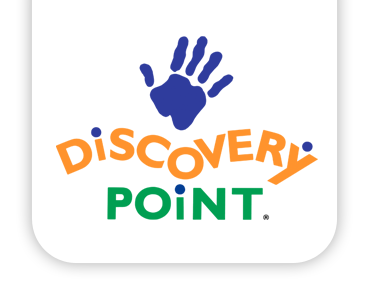Discovery Point Blog

Poison Prevention Week: Keep Your Family Safe
Accidental poisonings have long been a leading public health problem in the United States. With over 2 million poisonings reported each year to poison control centers across the country, it’s clear poison prevention must continue to be an area of focus in our society.
National Poison Prevention Week has been observed during the third full week of March since 1962. This designated time is designed to combat the public health problem of poisonings by shedding light on the dangers of poisons and spreading information to promote prevention efforts.
This year’s National Poison Prevention Week is March 21-27. We’re taking the time to share some important facts related to poisoning and provide tips to raise awareness for poison prevention in your own household and local community.
Poison Prevention at Home
The first and most important place to start when it comes to poison prevention is in the home. According to Cincinnati Children’s Hospital, more than 90% of reported poisonings take place at home. Children under six years of age account for roughly half of these poison exposure calls, and the majority of non-fatal poisonings occur in this age group.
Statistics like these show the importance of keeping poisonous substances well out of children’s reach. However, this is often easier said than done.
With the changing of the seasons comes spring cleaning efforts and yard work, meaning household cleaners, pesticides, and fertilizers will likely be in and around your home. Below are some tips to ensure your family uses and stores these substances as safely as possible.
- Lock pesticides and household cleaners away in a high cabinet.
- Keep chemicals in their original containers, never in food containers or unlabeled containers.
- Open windows and turn on fans whenever using chemicals in the home.
- After spraying an area with pesticide, stay away, and keep children away, for at least one hour.
- Never sniff containers to determine their contents; many poisons can be absorbed via inhalation.
Poison Prevention in Your Community
There are plenty of ways to get families in your community involved with National Poison Prevention Week. The Health Resources & Services Administration offers a wealth of publicity materials, informative guides, and creative templates to use for implementing activities in your local area.
Not sure where to start? Try downloading their social media campaign assets and sharing them with your social network under the hashtag #MakeTheRightCall. These posts can act as quick and important reminders for friends and family members about the dangers of household poisons and provide information about how to react during a poison-related accident.
Steps to Take in the Event of a Poisoning
As you encourage others in your social circle to review poisoning prevention strategies, be sure to sit down with the members of your household to have a thorough discussion about steps to take in the event of a poisoning. Being prepared can help you stay calm and ensure you’re able to act quickly.
If you suspect someone has been poisoned, do your best not to panic. Call the toll-free Poison Helpline at 1-800-222-1222 immediately to connect with your local poison control center. Keeping this number in an easy-to-find location, such as on your fridge, can save crucial seconds in an emergency.
There are also first aid measures that can be taken to limit the effects of the poison as you get a poison expert on the line. These include:
- For poison in the eye: Start rinsing the eye immediately with room temperature water nonstop for 15 to 20 minutes.
- For swallowed poison: If the person is conscious, able to swallow, and not convulsing after swallowing a caustic chemical, have them drink a small amount of water or milk while you contact Poison Control.
- For poison on the skin: Immediately remove contaminated clothing and rinse the area of skin where contact occurred. Any residual material sticking to the skin should be removed with mild soap.
- For inhaled poison: Move to a space with fresh air right away.
National Poison Prevention Week offers an excellent opportunity to raise awareness about preventing unintentional poisonings. As your family gears up for spring, spend some time inspecting your stock of household cleaners and pesticides, educate yourself and those in your community, and take carefully considered measures to keep your children safe from poisonous substances.


